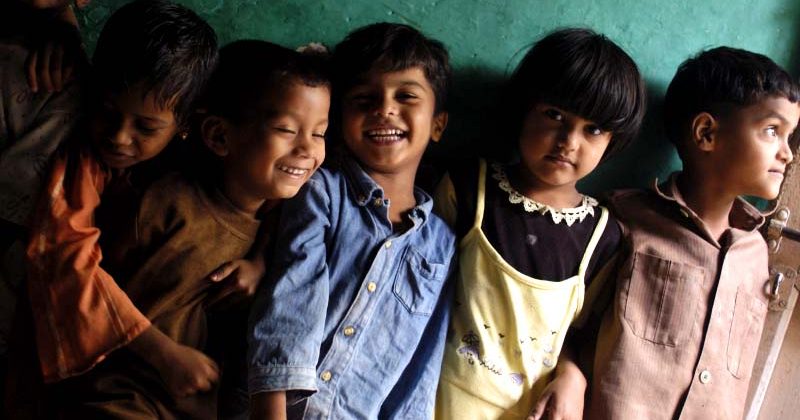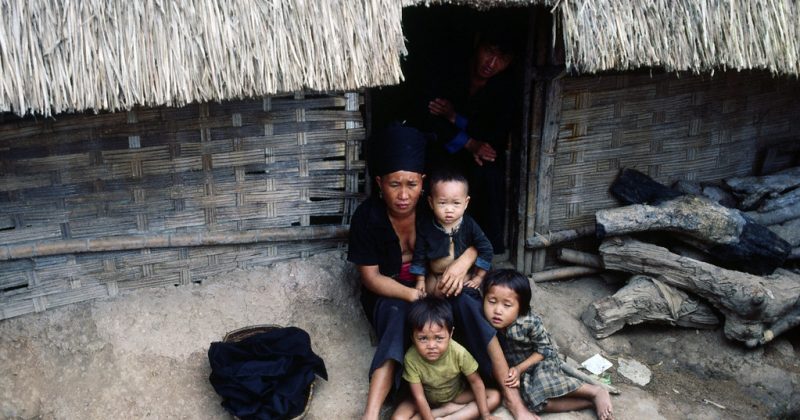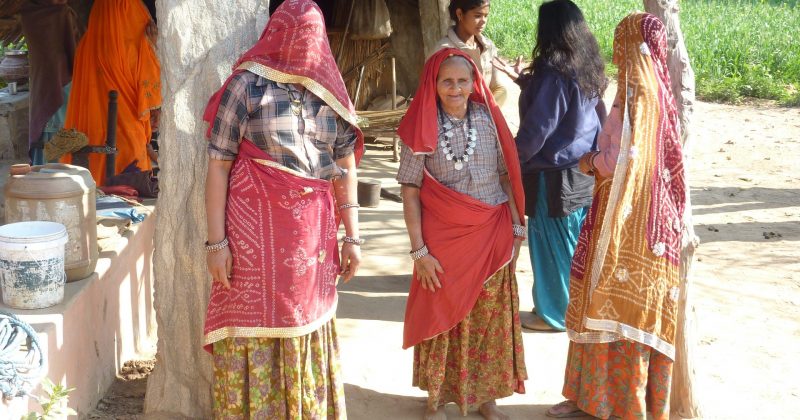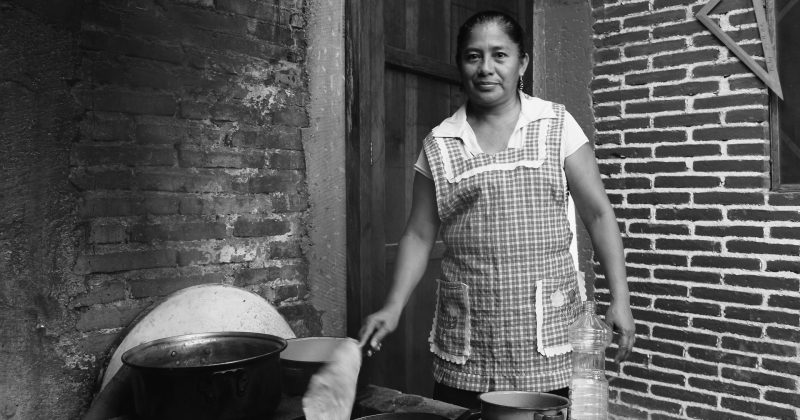
No Law, No Order: The Perplexing Case of Extra-Judicial Killings in ‘New’ India
By Guest Writer Shaharyaar Shahardar
The right to life and the corollary right to be free from the arbitrary deprivation of life constitutes an essential human right that was formally codified in the International Covenant on Civil and Political Rights (ICCPR) in 1976. Article 6(1) of the ICCPR states that “every human being has the inherent right to life. This right shall be protected by law. No one shall be arbitrarily deprived of his life.” This principle now has attained the jus cogens status as a peremptory norm in international law. Nevertheless, States continue to engage in this practice, justifying such killings as necessary to maintain law and order, combat terrorism, or suppress dissent. Similarly in India, neither extrajudicial killings nor the indifference of authorities towards them is new. What is worrisome this time, however, is authorities’ explicit support for extrajudicial killings.
Recently, Asad, son of Atiq Ahmed (a former Parliamentarian) and his aide, Ghulam, were killed in an ‘encounter’ in Jhansi,...







